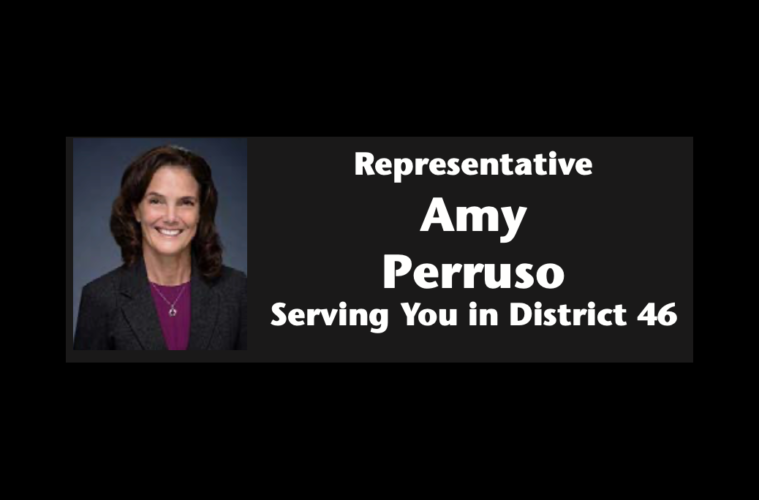Central Oahu and the North Shore of Oahu are grappling with significant housing challenges, driven by a combination of economic, social, and environmental factors. Addressing these issues requires a multifaceted and comprehensive approach, which your policymakers are actively exploring.
Economic Pressures
The high cost of living in Hawaii, exacerbated by limited land availability and high construction costs, has driven home prices and rents to unaffordable levels for many residents. This economic strain is particularly acute for low- and middle-income families, who struggle to find affordable housing options.
Social Dynamics
There is a growing population in need of housing, including young families, seniors, and Native Hawaiians seeking to remain in their communities. However, new housing developments often face community opposition due to concerns over changing neighborhood character and increased congestion.
Environmental Considerations
Central Oahu and the North Shore are home to critical agricultural lands, natural habitats, and coastal areas. Balancing the need for housing with the preservation of these resources is a persistent challenge. Climate change further complicates the issue, with risks such as sea-level rise and increased storm activity threatening coastal and low-lying areas, necessitating careful planning and resilient infrastructure.
Policy Solutions
To address these multifaceted challenges, Councilmember Weyer and I, as Hawaii state and Honolulu county policymakers, want to work with our communities to prioritize various policy solutions focusing on true affordability, community integration, sustainability, curbing property speculation, and addressing landlord-tenant conflicts.
Affordable Housing Initiatives
One key strategy is developing affordable housing projects. State and county governments are working with developers to incentivize the construction of affordable units through tax credits, subsidies, and changes in zoning regulations. These initiatives aim to increase the supply of affordable housing, particularly for low- and middle-income families.
Inclusionary Zoning Policies
Inclusionary zoning policies are also under reconsideration. These policies would require new residential developments to include a higher percentage of truly affordable units, ensuring that affordable housing is integrated into all communities and promoting socioeconomic diversity.
Community Engagement
To address community concerns, we are prioritizing community engagement and participatory planning processes. By involving residents in the planning stages, we aim to build consensus and address local opposition to new developments. This approach will helps ensure that new housing projects align with the needs and desires of our communities.
Preservation of Agricultural and Natural Lands
Preservation of agricultural and natural lands is another important policy focus. We are interested in exploring ways to balance housing development in the appropriate areas with the protection of vital environmental resources. This includes implementing smart growth principles, which promote higher-density development in urban areas while preserving open spaces and agricultural lands.
Climate Resilience
Climate resilience needs to be integrated into housing policy. This involves designing and constructing housing that can withstand climate change impacts, such as sealevel rise and increased storm activity. Policies promoting the use of sustainable building materials and renewable energy sources are also being discussed to reduce the environmental footprint of new developments.
Combating Property Speculation
To combat property speculation and outside investment that drive out local families, we are proposing measures such as higher property taxes on non-resident owners, restrictions on short-term rentals, and policies that prioritize local buyers for new housing developments. These measures aim to reduce speculative buying and ensure that housing remains accessible to local residents.
Addressing Landlord-Tenant Conflicts
Addressing controversial sources of conflict between landlords and tenants is also crucial. Policies are being proposed at the state level to strengthen tenant protections, ensure fair rental practices, and provide mediation services to resolve disputes.
Upcoming Forum
Join us for a forum to discuss the implications of key legislative proposals for our county, including SB 3202 (Act 39 – increased densification), SB 2919 (Act 17 – enforcement against illegal short-term rentals), and exploring the possibility of introducing a constitutionally viable ban on foreign ownership of agricultural land and/or a five-year moratorium on the sale of agricultural lands on Oahu. We will be meeting on August 12th, at Wahiawā Elementary, from 6-7:30 to discuss these important issues. Councilmember Weyer and I look forward to gaining deeper insights into community ideas about moving forward.



